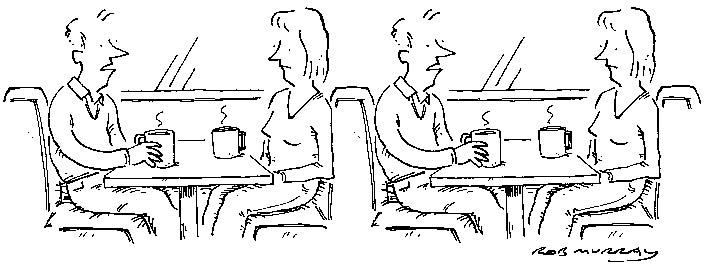An unsettling interview with Moazzam Begg, the British Muslim held prisoner in Guantanamo Bay for three years, and with his father Azmat, began with the haunting cry of the muezzin as it rang out across a cityscape, unnamed and unidentifiable, and the clashing of heavy iron gates being shut. Two sounds that perhaps sum up what’s been happening in the world since the events of September 2001.
British Muslims, Father and Son (Radio 4, Monday) gave us a refreshingly frank account of Begg’s life before and after his ‘extrajudicial’ imprisonment. He was seized one night in Islamabad, where he was living with his young family, after he answered the door to a group of men who pushed a gun to his head, forced him to his knees, shackled his hands and legs, ‘hooded his head’ and carried him off to three years of incarceration in a converted sea container. He was under suspicion as a British Muslim whose passport revealed he had visited all the major war zones in which the Muslim world had been under attack — Bosnia, Afghanistan, Chechnya — and on several occasions. Yet if MI5 had looked further back in his family records, they would have discovered that generations of Beggs had fought in the British army as Indian Muslims and that he had considered joining up himself before the first invasion of Iraq in 1991 made him realise that as a British soldier he would be involved in fighting against other Muslims.
Nothing is straightforward in Begg’s life. As a young boy his parents (who emigrated from the subcontinent to Britain in 1966, having as children been forced to flee to Pakistan from the anti-Muslim riots which followed Partition) sent him to a Jewish school because they thought he would get the best education there. As a father himself, he moved his family to Afghanistan and settled in Kabul because he wanted his children to grow up in a broader cultural context than was possible in ‘arrogant Britain’. He felt they should be brought up in a Muslim society, where they could be protected from the kind of Paki-bashing he had suffered as a teenager in the Midlands. Yet he was soon to witness the brutal executions of the Taleban regime, four cranes blocking the exits to a roundabout from which were suspended four victims of their brand of martial justice.
How do I square these two conflicting images? asked the presenter Steve Evans. A question that was threaded through the whole programme — with no easy answers. Begg talked of the huge rage that built up in him after being caged like an animal in a zoo with no right of reply, no access to justice of any kind. Yet he spoke with remarkable clarity about what had happened to him, and a disarming lack of emotion. His father, who worked tirelessly for his release, seems puzzled by the man his son has become, more committed to Islam and to his ‘homeland’ — Pakistan — than his parents are, an international Muslim rather than a Muslim Briton.
On the Asian Network, flush now with documentary features and reports as an assertion of its right to remain in the BBC spectrum, we heard this week from the Pashtun families in Birmingham worried about their relatives in Pakistan. None of them trusts the usual money channels to donate relief and they have found their own ways of sending money back ‘home’ to help the flood victims, using YouTube as a way to check that the money has arrived.
Three unsettling facts emerged from Pakistan Floods: A Community Fights Back: 80 per cent of the Pashtun community in Birmingham is unemployed. Some of them, on the evidence of this programme, speak no English (their words had to be translated for us). And perhaps most disturbing of all: fresh food and clean water are not available to many people in Pakistan, yet weirdly they have access to the internet.






Comments